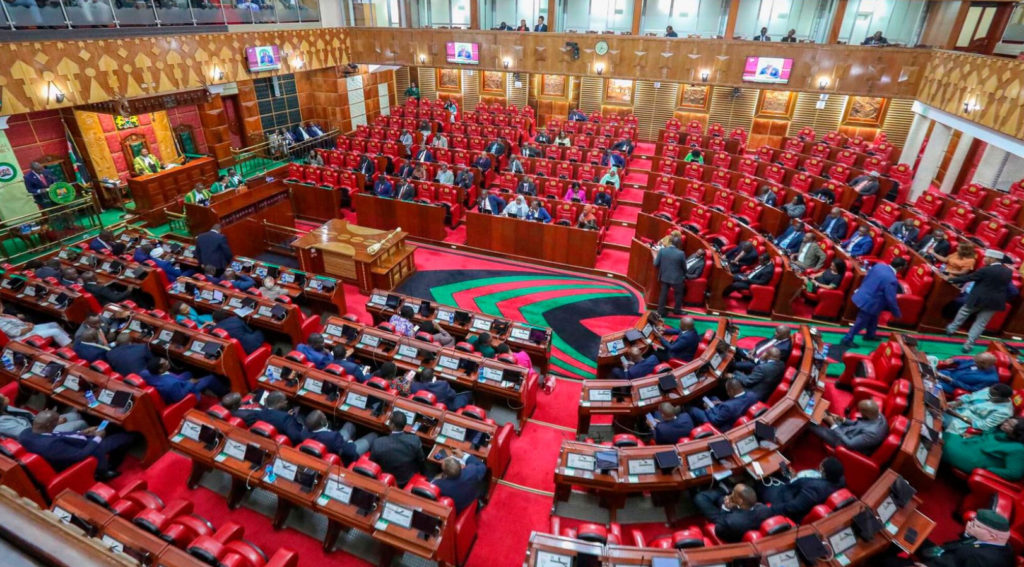Lawyers have faulted the announcement by President William Ruto that he will not sign the controversial Finance Bill 2024.
Ruto said Wednesday he will not sign the bill.
But lawyers said what the president proposes doesn’t have the support of the law.
“I will not sign the bill.
It shall subsequently be withdrawn. I have agreed with these MPs that this becomes our collective decision.”
Ruto had met a group of Members of Parliament who voted for the Bill when he made the announcement.
“I send condolences to the families of those who lost their loved ones in this unfortunate manner.
Consequently, having reflected on the continuing conversation around the content of the finance bill of 2024, I will decline to assent to the bill.”
This is what the law says on the steps a Bill takes after passing Parliament.
Article Presidential Assent and Referral.
(1) Within fourteen days after receipt of a Bill, the President shall-
* assent to the Bill; or
* refer the Bill back to Parliament for reconsideration by Parliament, noting any reservations that the President has concerning
the Bill.
(2) If the President refers a Bill back for reconsideration, Parliament may, following the appropriate procedures under this Part-
(a) amend the Bill in light of the President’s reservations; or
(b) pass the Bill a second time without amendment.
(3) If Parliament amendeds the Bill fully accommodating the President’s reservations, the appropriate Speaker shall re-submit it to the president for assent.
Police Killed 23 People During Protests Against Proposed Taxes, Group Says

